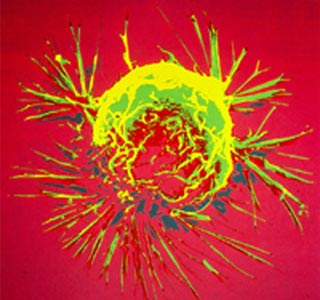
Another paper published by a team of U.K.-based investigators, is said to have declared the revelation of various genetic variants which are believed to be prone to the development of potential breast cancer. These presently discovered variants are said to add to the already discovered variants associated with this disease, in the past. Having said this, it is also believed that there may be many more uncovered variants that may possibly play a role in the development of breast cancer.
Co-author of both these studies, David Hunter, professor in cancer prevention, Harvard School of Public Health, says that, “By discovering these variants, we hope to understand more about the biology of breast cancer.â€
It has been stated that women with family history of breast cancer, may have an increased risk of developing this disease. Thus, hinting at the probability that this disease may be genetically inherited.
For the purpose of the study, the investigators evaluated more than 500,000 genetic variants taken from around 1,140 post-menopausal women. These women were said to have developed invasive breast cancer. These obtained genetic variants were said to have further been compared to the acquired samples from women not affected with this potentially fatal disease.
The study investigators after conducting a three-part analysis on these subjects were said to have uncovered two previously unknown genetic variants that may be associated with breast cancer. The study investigators are very hopeful of their findings. They feel that this acquired knowledge could act as a predictor of the disease, which could in turn aid in customizing various cancer prevention programs for individual women.
Their findings have been published online in Nature Genetics.
